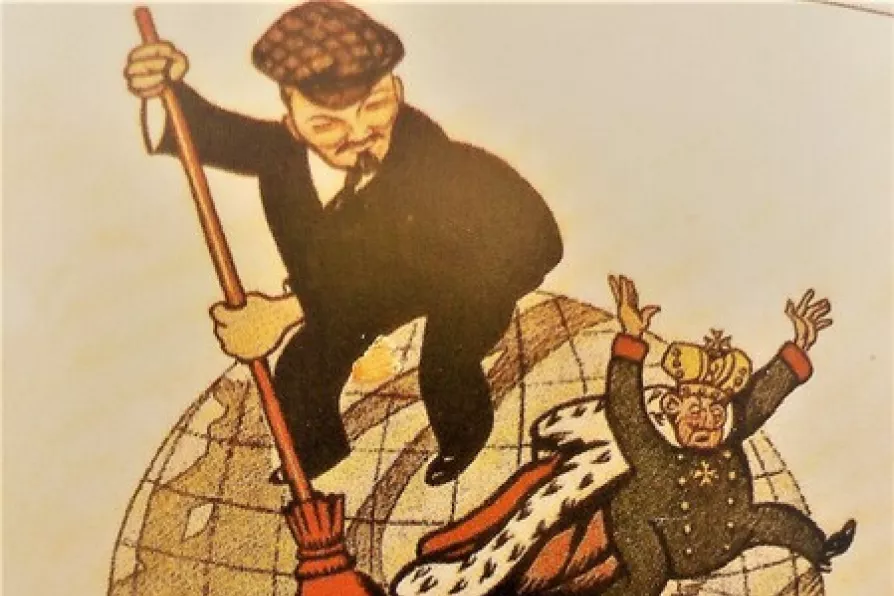The language of humiliation is a step towards a second civil war, argues RAMZY BAROUD


THE original slogan of the communist movement, “Workers of the world unite” — the rallying cry and final phrase from the Communist Manifesto, written by Marx and Engels in 1848 — was put forward at a time when the nascent communist movement was geographically limited to Europe and North America, and focused almost exclusively on the industrial working class.
Lenin’s study of global political economy, and particularly of the dynamics of monopoly capitalism and the emergence of modern imperialism, led him to an acute understanding of the expanded — global — applicability of Marxist thought.
Study of imperialism
Marx had already outlined the economic dynamics of an emerging international capitalism in Volume I of Capital, first published in 1867: “A new and international division of labour springs up, one suited to the requirements of the main industrial countries, and it converts one part of the globe into a chiefly agricultural field of production for supplying the other part, which remains a pre-eminently industrial field.”

BEN CHACKO welcomes a masterful analysis that puts class struggle back at the heart of our understanding of China’s revolution

Corbyn and Sultana’s ‘Your Party’ represents the first attempt at mass socialist organisation since the CPGB’s formation in 1921, argues DYLAN MURPHY

The obfuscation of Nazism’s capitalist roots has seen imperialism redeploy fascism again and again — from the killing fields of Guatemala to the war in Ukraine, writes PAWEL WARGAN










